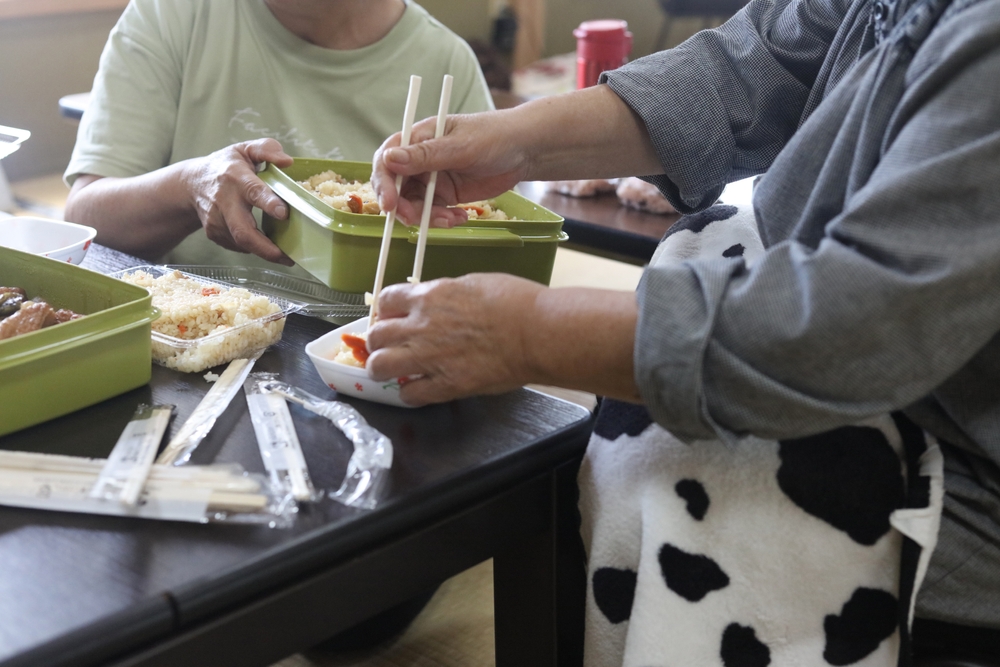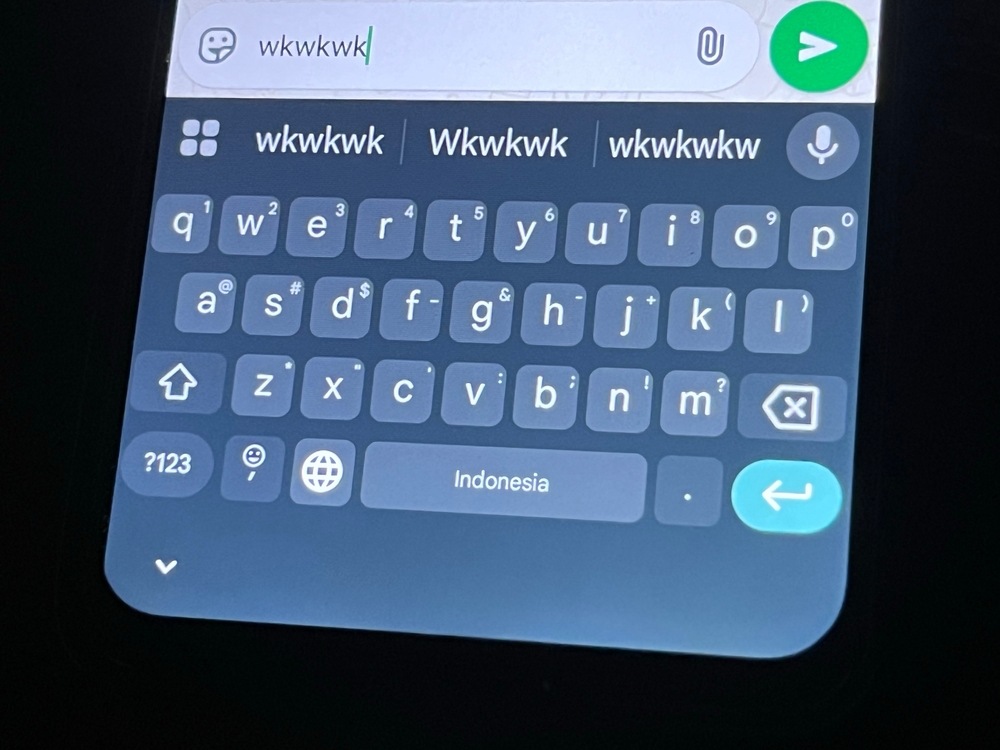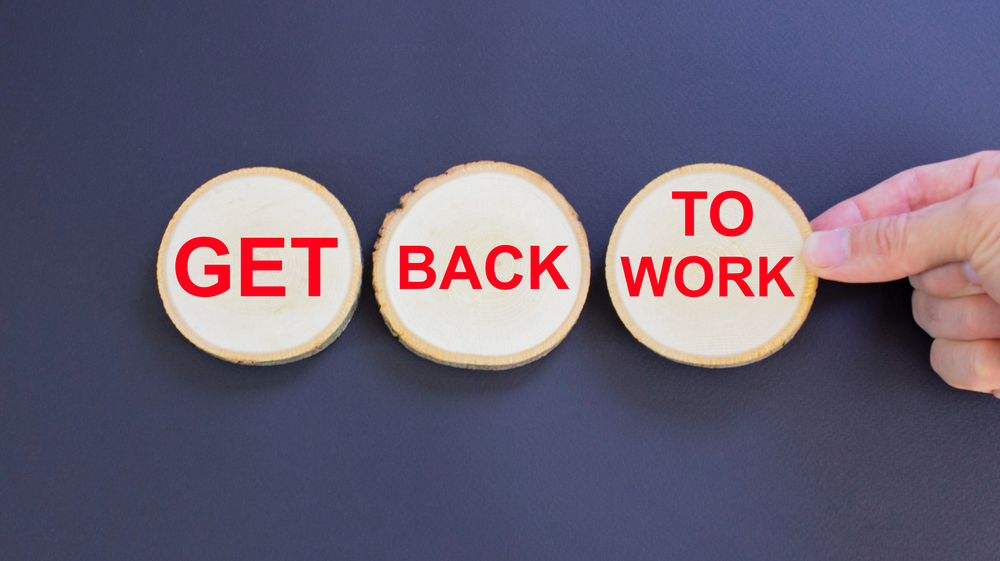Canadians are famous for being polite, but every culture has behaviours that sound courteous on the surface while carrying a sharp undertone underneath. These habits let people express frustration, disagreement, or judgment without ever raising their voice. Outsiders often miss the hidden meaning, but locals hear it loud and clear. Here are 22 habits people call “polite” that are actually savage.
Saying “No worries if not!” When They Definitely Do Worry

On paper, this phrase feels breezy and low-pressure, the linguistic equivalent of a shrug. But people usually deploy it when they’re already frustrated, disappointed, or feeling ignored. The polite wrapper hides real urgency — a deadline approaching, a favour needed, or a plan that hinges on someone else responding. The savagery lies in its passive construction: it puts emotional responsibility on the other person without admitting irritation. Outsiders interpret it as flexibility, but Canadians hear the tightness behind the tone. It is a subtle social strategy that lets someone push gently while pretending they’re hands-off. The message isn’t “no problem,” It is “please do this, and I’m trying very hard not to sound demanding.”
Ending a Conversation With “We Should Do This Again Sometime” With No Intent to Follow Through

This phrase is a soft landing for an interaction that someone wants to end gracefully. It sounds optimistic, warm, and socially generous, but the truth is often far less enthusiastic. People use it to avoid awkward endings or to sidestep telling someone directly that they don’t want a repeat of this conversation, coffee meetup, or social hangout. It is the politest form of disengagement: noncommittal, pleasant, and vague enough to close a door without making it obvious. Outsiders hear promise; locals hear a library-quiet exit strategy. It is social diplomacy at its most strategic — affection in the sentence, finality in the tone.
Holding the Door Open From an Impractical Distance

This iconic “polite” move becomes savage the moment the distance stretches beyond reason. Instead of kindness, it creates pressure — forcing the other person into a half-jog they didn’t agree to. Most locals have been both the holder and the hurried runner, feeling the unspoken obligation to speed up. The holder maintains a frozen smile, pretending everything’s fine while silently willing the person to move faster. Outsiders see courtesy; Canadians see a stressful micro-interaction that neither party enjoys. It is politeness that morphs into guilt-driven cardio.
Saying “Interesting…” Instead of Giving Real Feedback

“Interesting” is Canada’s politest form of verbal fencing. It is delivered slowly, thoughtfully, with a slight head tilt. But beneath that calm exterior often sits disagreement, confusion, or outright dislike. Rather than challenge an idea or opinion directly, the speaker cushions the reaction with a word that technically means nothing. Outsiders think it signals curiosity; locals know it signals dissent. It is a perfect tool for situations where honesty would be messy but silence would be rude. The elegance is in its vagueness — it closes a topic without confrontation.
Bringing a Dish to a Potluck and Then Taking It Home When Leaving

The polite explanation is always the same — “I don’t want you stuck with leftovers!” But the stealthy subtext is different. Taking the dish home communicates ownership, pride, and sometimes competitive energy. It says, “My food is too precious to leave behind,” or “No one else can handle these leftovers properly.” Locals laugh because they know it is part generosity, part culinary flex. Outsiders see helpfulness; seasoned hosts see a subtle social statement. It is etiquette with elbows.
Saying “Sorry, I’m Just Being Honest” Before Delivering a Harsh Opinion

The phrase creates a polite force field that allows someone to drop blunt criticism without taking responsibility for the sting. The apology seems gentle, but it clears the runway for unfiltered honesty: comments about someone’s choices, appearance, work, or behaviour. Outsiders hear vulnerability; locals hear an emotional wind-up. “I’m just being honest” becomes a shield — a way to disguise judgment as integrity. It is polite, but pointed.
Responding to Long Messages With a Single “K”

Nothing is shorter, colder, or more effective at ending a conversation than the solitary “K.” Outsiders may assume it is quick shorthand, but locals recognize it instantly as emotional punctuation. It signals annoyance, impatience, or exhausted indifference. There’s no warmth, no softness, no emojis to soften the blow — just one letter carrying the weight of a full sigh. It is the politest way to shut a door while pretending not to slam it.
Saying “I’ll Let You Get Back to It” When They Want You to Leave

This line masquerades as respect for someone’s time, but more often it is a gentle escape tactic. People use it when a conversation has dragged on too long, when someone is oversharing, or when they simply don’t want to stand there anymore. Outsiders think it is thoughtful; locals hear the subtext: “This needs to end now, but I don’t want to be rude about it.” It is politeness deployed as a graceful exit strategy.
Complimenting Something While Actually Criticizing It

“Bold outfit choice,” “Such an… interesting flavour,” “That’s a unique haircut” — all delivered with a friendly tone, all hiding subtle judgment. Canadians excel at using compliments as camouflage. The listener hears praise, but the meaning sits just beneath the surface like a quiet warning light. It is the art of critiquing without confronting. Outsiders feel flattered; locals listen for the wording.
Saying “I Don’t Want to Be a Bother…” Before Immediately Being a Bother

This line softens the approach but telegraphs what’s coming: a request, an inconvenience, or a favour bigger than advertised. It is an apology in advance, delivered to soften the impact. But in practice, it signals mild guilt and unavoidable imposition. The speaker knows the request is significant; the phrase simply cushions it. It is polite manipulation, and everyone knows the dance.
Leaving a Party Without Saying Goodbye (“Irish Goodbye,” but Framed as Polite)

People claim they’re sparing the host from fuss or avoiding interrupting conversations, but the truth is often simpler: they’re tired, overwhelmed, or done socially. The exit is quiet, clean, and efficient — no emotional labour required. Outsiders think it is rude; Canadians rebrand it as courtesy. The savagery lies in the finality: “I’m leaving, and you’ll only know when the coat is gone.”
Saying “No, No, You Go Ahead” but Clearly Wanting to Go First

This habit is the Olympic sport of polite frustration. The words themselves seem generous, but the tight smile, stiff gesture, and barely concealed sigh tell the real story: they absolutely wanted to go first and now must perform patience for social points. Canadians know the choreography — the reluctant hand wave, the forced pause, the slight shift of weight that screams Please just move. The deeper savagery is that it transfers guilt to the other person, who now feels pressured to speed up or thank them excessively. Outsiders see courtesy; locals recognize the psychological tug-of-war happening silently. It is a moment of weaponized politeness where no one actually wins.
Offering Advice No One Asked For and Calling It “Helpful”

Unsolicited advice often arrives with soft language and a friendly tone, but the delivery hides sharper intent. Phrases like “Just a thought,” “Have you considered…,” or “Not judging, but—” almost always precede commentary that critiques choices, competence, or priorities. The person giving the advice frames it as kindness, but the subtext is clear: “I know better than you.” Canadians rarely confront this directly, choosing instead to nod politely while decoding the judgment beneath. Outsiders hear support; locals hear subtle superiority. The savagery lies in the mismatch between the gentle tone and the pointed message.
Saying “I’ll Bring Something Small” and Showing Up With a Feast

This is polite sabotage disguised as generosity. The person promises something tiny — maybe a dip, a snack, a modest side — then appears with an entire catered spread that immediately outshines everyone else’s contributions. It is a gentle flex wrapped in a smile: a way to dominate the table while pretending not to. Hosts feel grateful but slightly overshadowed; other guests quietly regret bringing chips. Outsiders think it is simply thoughtful; Canadians know when someone is subtly establishing culinary dominance. The move is kind-hearted on the surface but competitive underneath.
Asking “Are You Sure?” Repeatedly, After Someone Says Yes

This habit seems caring, but in reality, it is a disguised challenge. Asking once is thoughtful; asking three times communicates doubt, disbelief, or judgment. It suggests the person’s decision isn’t sound, or that they don’t fully understand the consequences. Canadians often use this to express disagreement without directly voicing it. The tone grows softer with each repetition, but the implied critique grows sharper. Outsiders hear concern; locals hear “I think you’re making a mistake.” It is politeness acting as a pressure tactic.
Sending a “Just Checking In!” Text to Fish for Information

This phrase sounds warm, friendly, and casual, but it is often reconnaissance in disguise. People send it when they want details — updates, confirmations, or answers — but don’t want to appear nosy or demanding. The polite wrapping allows them to gather information while maintaining a soft tone. Outsiders assume it is social sweetness; Canadians recognize the quiet strategic purpose. It is polite curiosity with a hidden agenda, delivered through emojis and cheerful punctuation.
Using “Bless Your Heart”–Style Phrases to Mask Insults

Canada has its own category of polite insult cloaked in gentle phrasing: “That’s ambitious,” “Good for you for trying,” “That must have been… something.” These expressions appear encouraging, but the tone reveals the actual meaning — a subtle critique wrapped in comforting language. Outsiders think it is empathy; locals hear sarcasm, doubt, or dismissal. The genius lies in plausible deniability: if confronted, the speaker can claim kindness. It is social finesse sharpened to a point.
Pretending Not to Notice When Someone Cuts in Line

Instead of confronting line-cutters, Canadians often deploy a powerful silent protest. Technically, it is polite — no shouting, no accusations — but the body language says everything: a long stare, a sharp inhale, an exaggerated shuffle forward. The silence is heavy, pointed, and unmistakable. Outsiders see passivity; locals understand the full weight of polite judgment. It is confrontation disguised as restraint, delivered without a single word.
Using “Feel Free To…” as a Smokescreen Command

“Feel free to send that today,” “feel free to review this,” “feel free to call me.” The phrase pretends to offer flexibility while actually pushing urgency. It is a polite directive masquerading as optional. Outsiders hear generosity; Canadians know it is a soft command that leaves no real room to decline. It is gentle pressure with a subtle edge, the workplace equivalent of a smile sharp enough to cut paper.
Offering to Help, Then Secretly Hoping the Person Says No

People do this to maintain the appearance of kindness while desperately hoping the favour is unnecessary. “Let me know if you need anything!” is delivered brightly, but everyone understands the unspoken hope behind it. Outsiders take the offer literally; locals know the ritual: offer assistance, pray the person politely declines, feel relieved when they do. It is generosity filtered through realistic boundaries — polite, but not entirely sincere.
Asking “Did You Want…?” Instead of Saying “Do You Want…?”

This wording softens requests and makes the speaker seem gentle and non-intrusive. But depending on tone, it becomes a subtle push. It blurs choice with suggestion — nudging someone toward a specific answer without sounding demanding. Outsiders hear a harmless phrasing; Canadians understand the persuasive undertone. It is linguistic sugar coating a direction, not a question.
Saying “I’ll Think About It” When They’ve Already Decided No

This phrase is the politest door-closer ever invented. It allows someone to decline without actually declining, giving them a graceful exit without confrontation. Outsiders take it at face value; locals hear the unmistakable finality. It softens rejection, stretches time, and prevents awkwardness — but everyone knows the decision is already made. It is mercy disguised as indecision.
21 Products Canadians Should Stockpile Before Tariffs Hit

If trade tensions escalate between Canada and the U.S., everyday essentials can suddenly disappear or skyrocket in price. Products like pantry basics and tech must-haves that depend on are deeply tied to cross-border supply chains and are likely to face various kinds of disruptions
21 Products Canadians Should Stockpile Before Tariffs Hit
